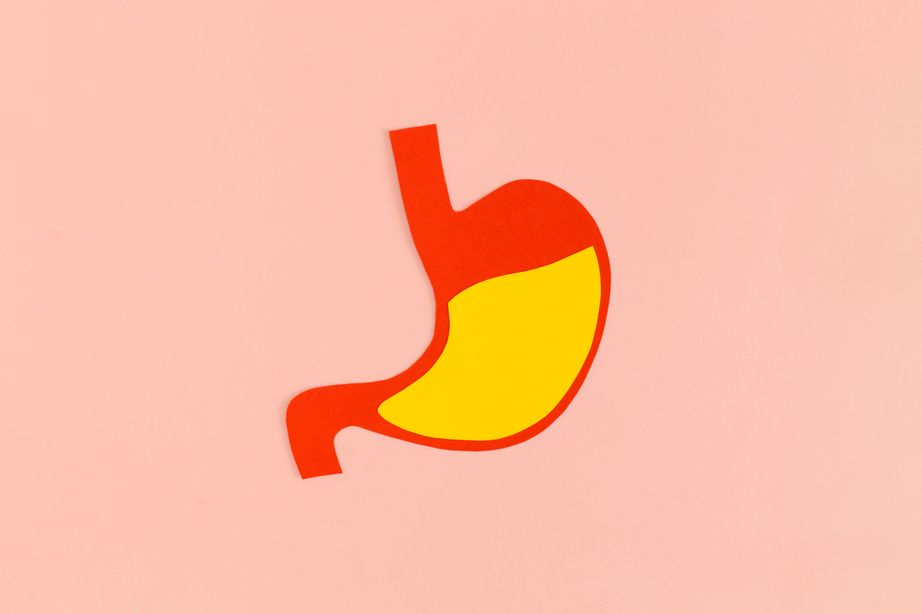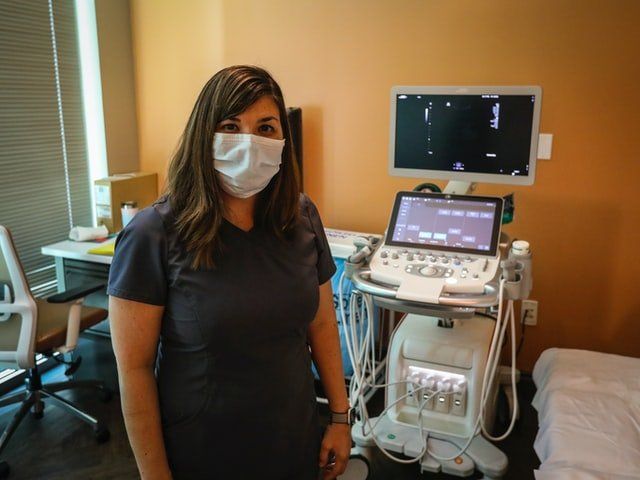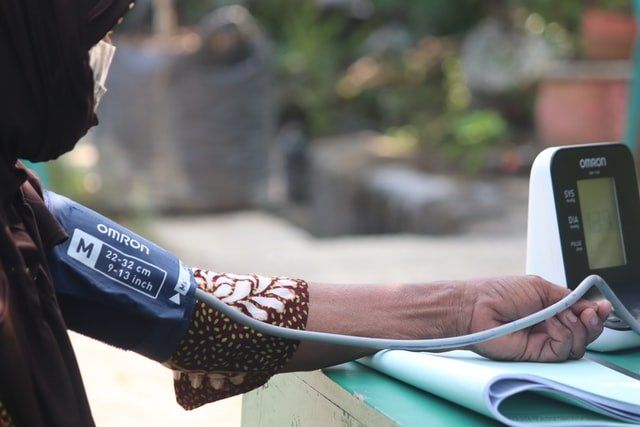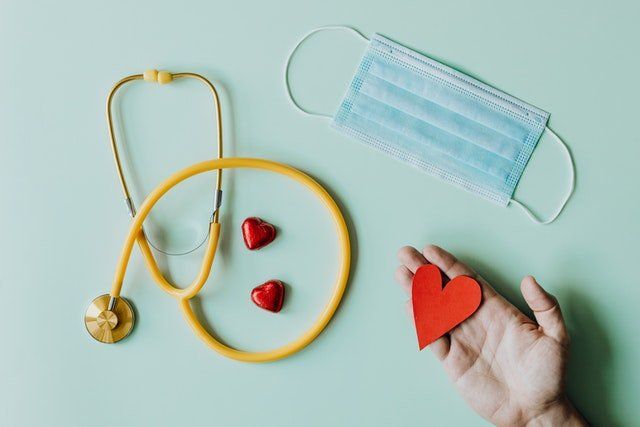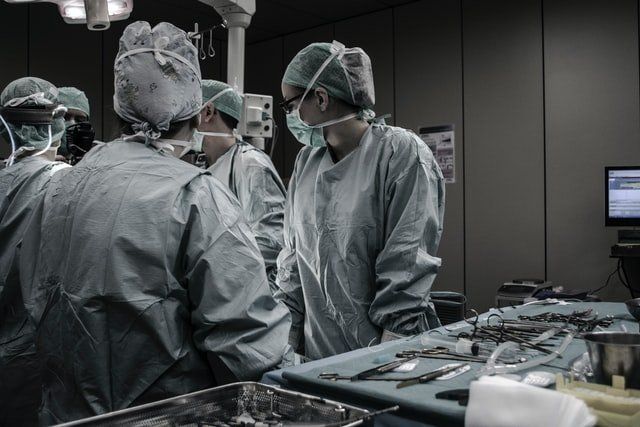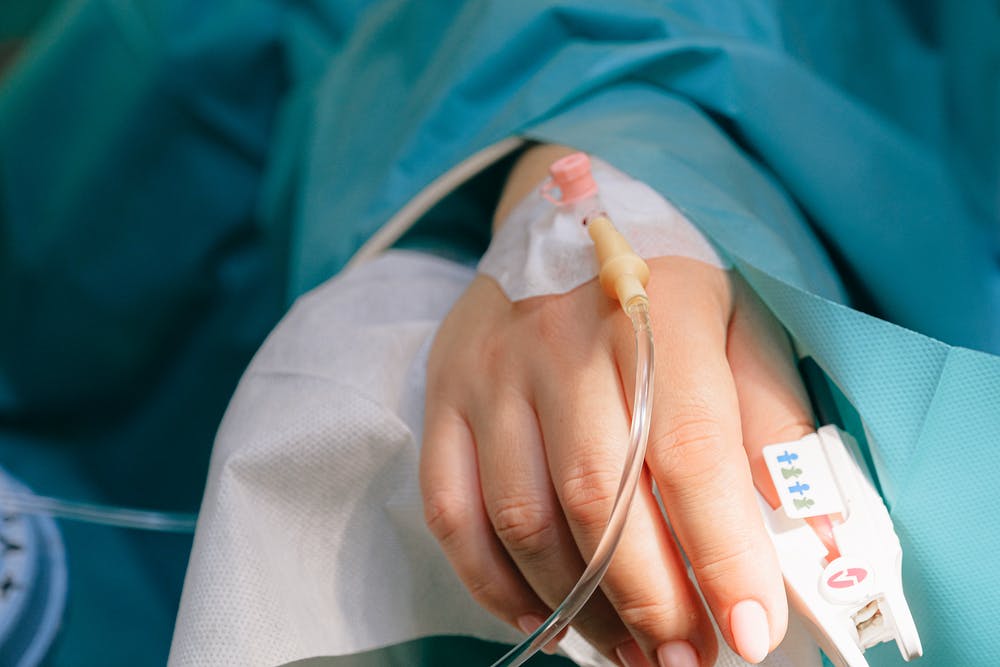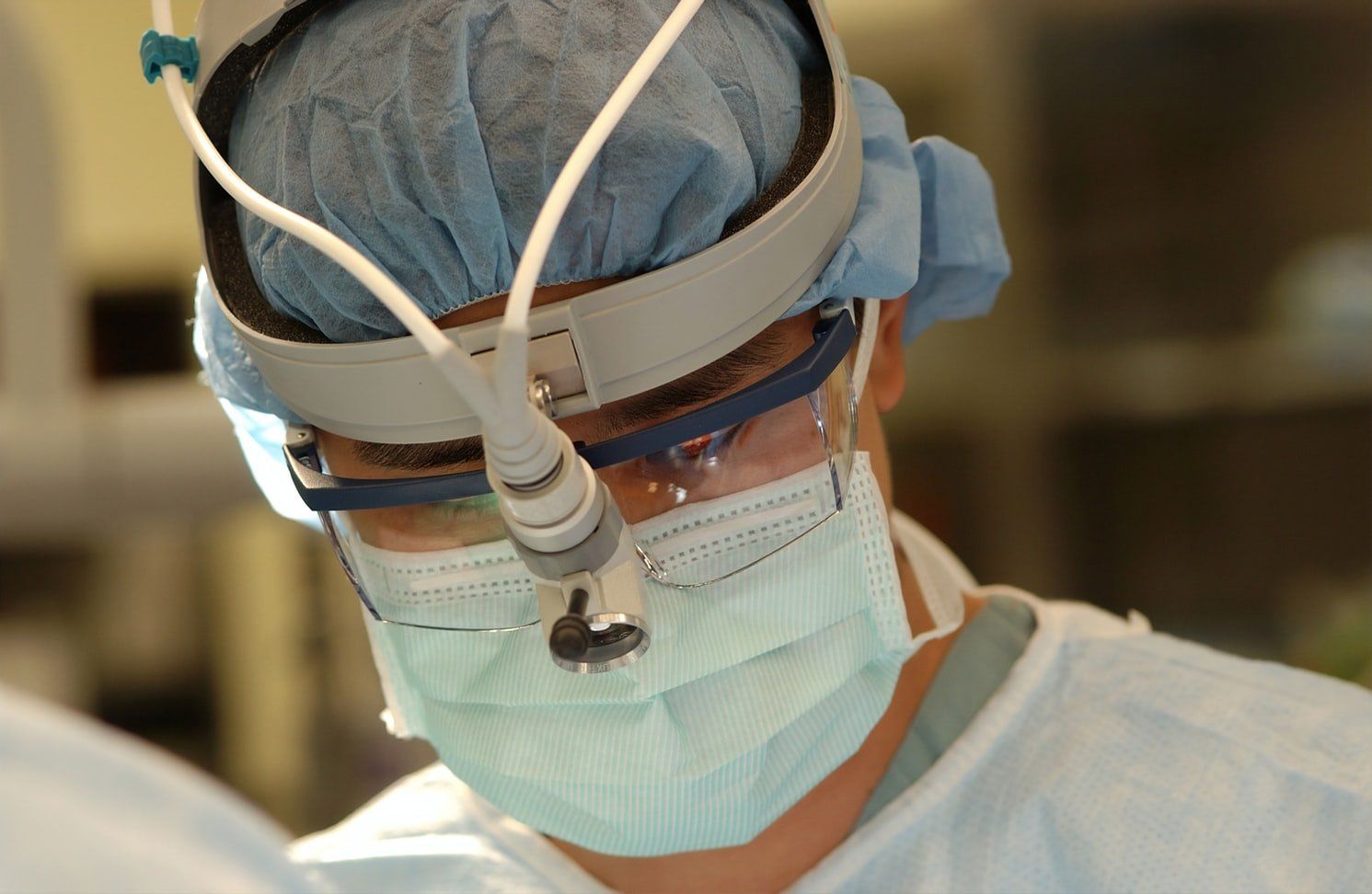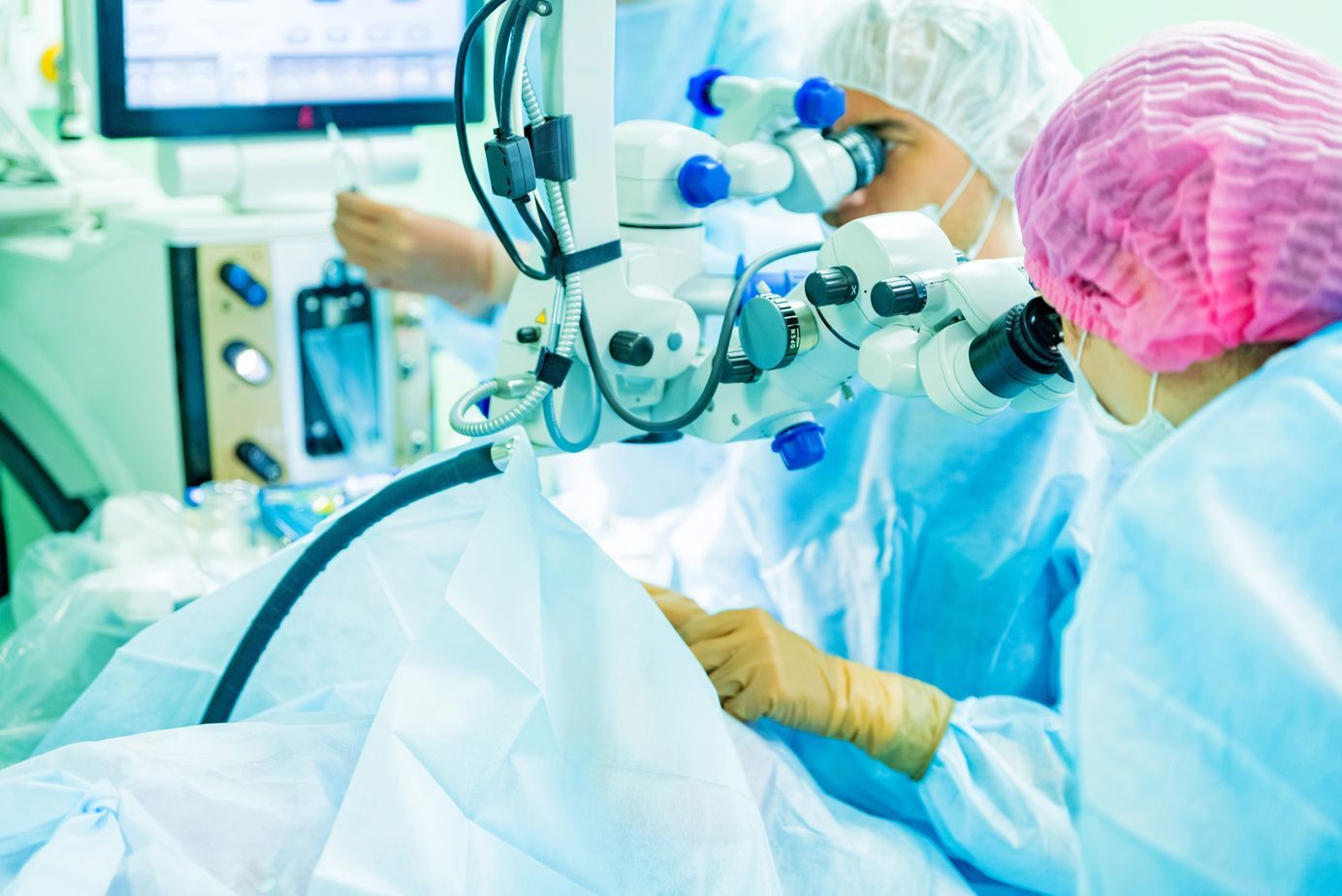Laparoscopic Sleeve Gastrectomy Vs. Endoscopic Sleeve Gastroplasty
The popularity of laparoscopic sleeve gastrectomy (LSG) has increased as advancements in bariatric surgery have expanded treatment options. However, some doctors recommend endoscopic sleeve gastroplasty as an effective surgical weight loss procedure.
What Is Laparoscopic Sleeve Gastrectomy (LSG)?
Laparoscopic sleeve gastrectomy, or LSG, is a weight loss procedure that involves the surgical removal of a large portion of the stomach or its complete removal. Once the large part of the stomach is removed, a small gastric pouch is left behind. With the sleeve gastrectomy, about 80 percent of the stomach is removed, compared to 85 percent in gastric bypass surgeries.
What Are the Advantages of Laparoscopic Sleeve Gastrectomy?
A significant advantage of LSG is that it is a generally less painful and invasive procedure. The patient can expect to recover in three to five days and never be confined to the hospital. The procedure can be performed in an outpatient setting and is completed in three to four hours, resulting in less downtime and less recovery time.
What Are the Disadvantages of Laparoscopic Sleeve Gastrectomy?
One of the most significant disadvantages of LSG is that its results are not as effective as gastric bypass surgery. Sleeve gastrectomy is intended to help patients lose 1/3 to 1/2 of the weight they need, which is not always effective.
Additionally, the procedure can be very challenging when consuming various foods and drinks, including carbonated beverages and whole pieces of fruit.
What Is Endoscopic Sleeve Gastroplasty?
Endoscopic sleeve gastrectomy, or ESP, is not a widely used technique. However, it is a promising procedure because it is less invasive than LSG and is completed with endoscopic tools.
A stomach portion is physically removed from the patient in the ESP procedure. The remaining part of the stomach will fold over, or wrap around, the formed small gastric pouch, enabling the patient to feel full.
While LSG is typically used for direct weight loss, ESP is often reserved for patients with a BMI over 50 and certain medical conditions.
What Are the Main Advantages of Endoscopic Sleeve Gastroplasty?
The ESP procedure is less invasive than LSG and does not require large incisions. This helps the patient recover more quickly than other weight loss procedures. The procedure is also designed to be completed using endoscopic tools, which means that only minimal incisions are required.
This will help the patient recover more quickly and experience less pain. Additionally, the procedure can be completed in about 30 minutes, meaning that the patient can expect to be back home in a matter of hours.
What Are the Disadvantages of Endoscopic Sleeve Gastroplasty?
The endoscopic sleeve procedure is not as effective as LSG. While it is comparable to gastric bypass, or sleeve gastrectomy procedures, ESP is less effective than both and only designed to help a patient lose between 2/3 and 2/4 the amount of weight they need.
What Should I Consider When Choosing a Procedure?
Both laparoscopic sleeve gastrectomy and endoscopic sleeve gastroplasty are effective weight loss procedures. However, as with all medical systems, there are associated risks. If you consider weight loss surgery, you should make sure that your doctor is board-certified and consider speaking with a laparoscopic and bariatric surgeon.
Conclusion
Laparoscopic sleeve gastrectomy and endoscopic sleeve gastroplasty are both ways to treat obesity effectively. While these procedures are similar, significant differences should be considered before deciding which method to undergo.
Consult your most trusted gastroenterologist if you are considering
endoscopic sleeve gastroplasty surgery. Dr. Michel Kahaleh is a gastroenterologist and endoscopist who pioneered interventional endoscopy. With significant experience, he can perform a wide variety of endoscopic operations. Make an appointment for a consultation today!

